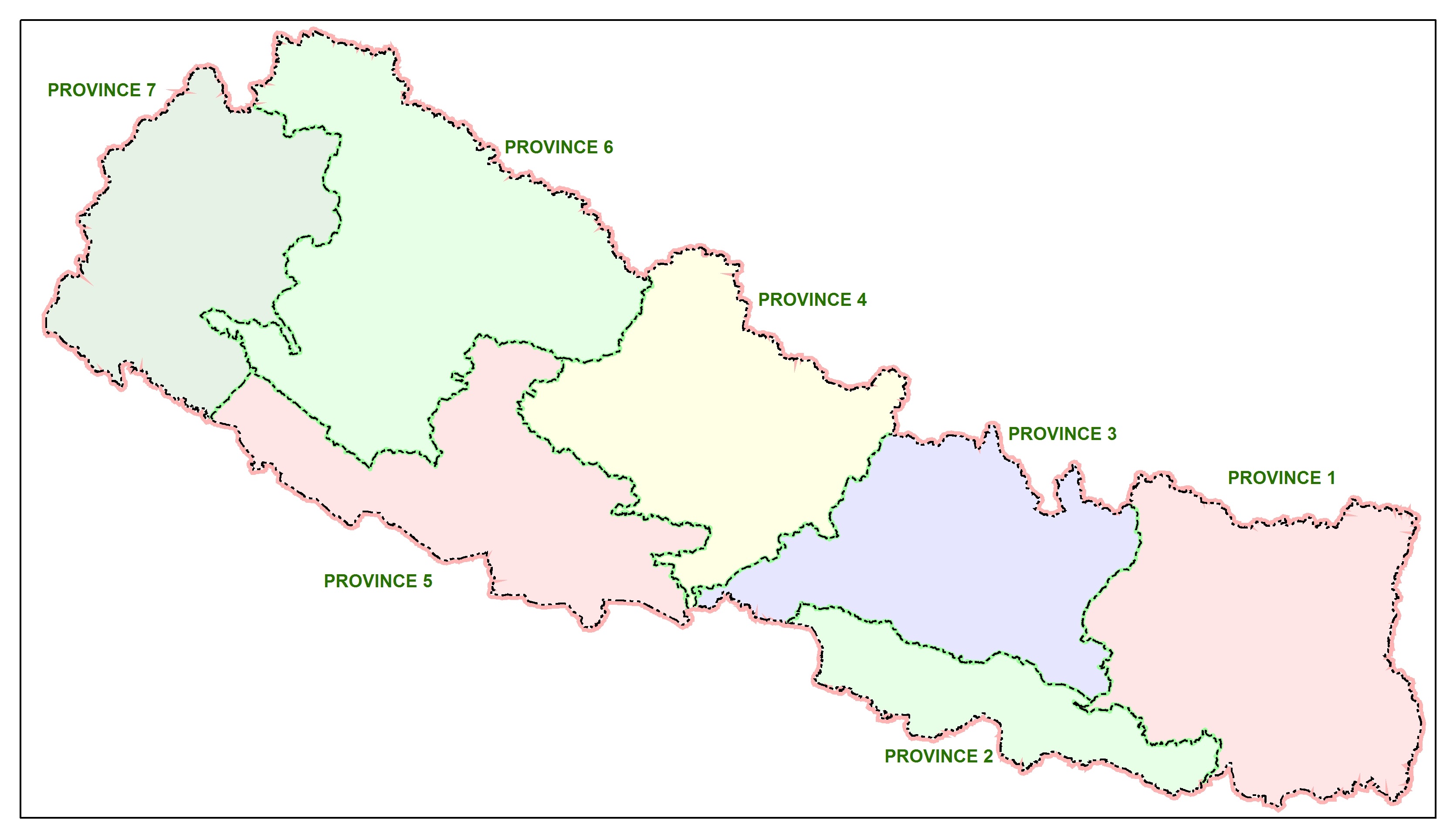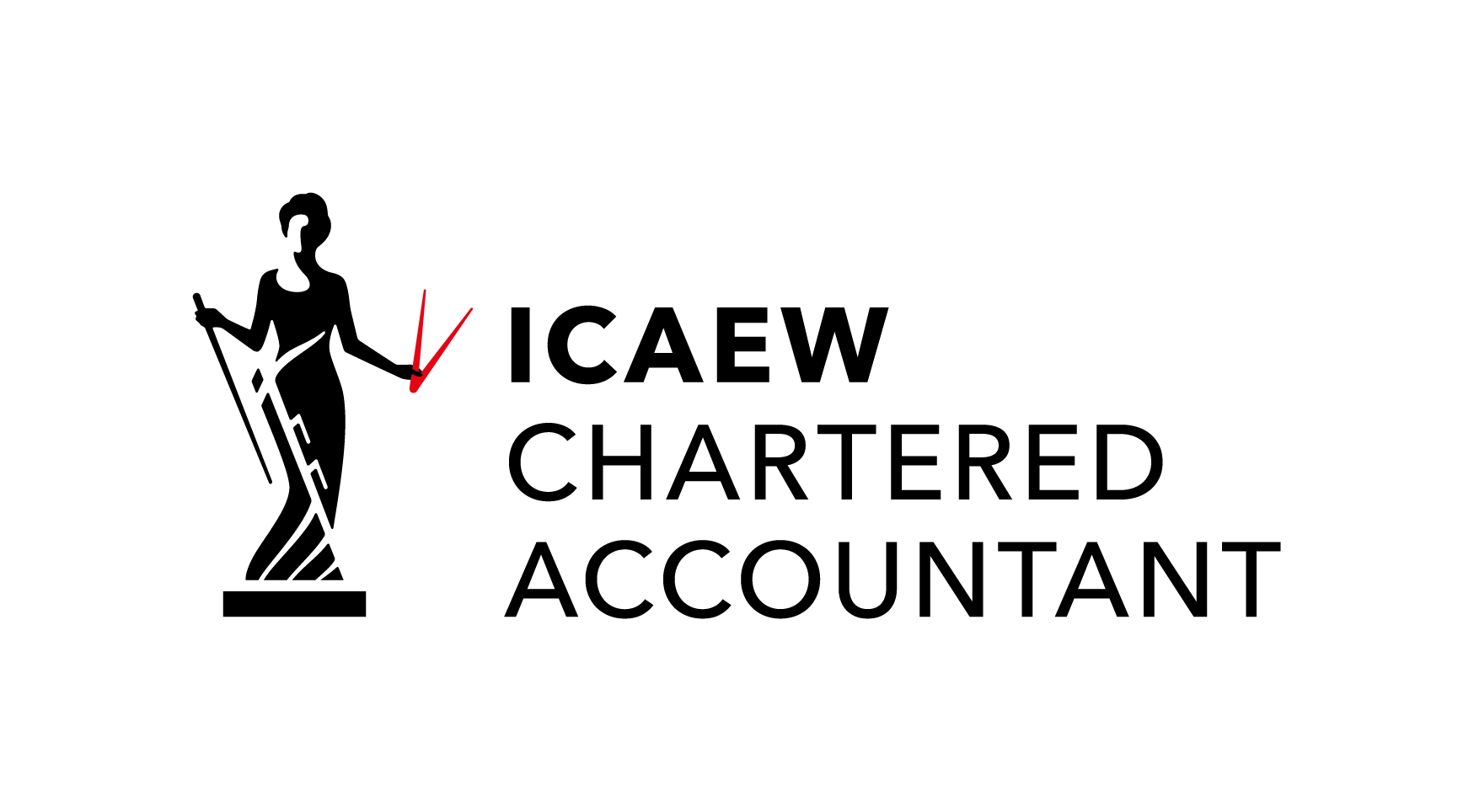Nepal is a secular country with a multi-party parliamentary system and a President as Head of the State. Until the abolition of the monarchy in 2008, Nepal was the world’s only country to have Hinduism as its state religion.
The current constitution of Nepal was promulgated on September 20 2015 and endorsed by 90% of the total legislators of the second Constituent Assembly. The constitution has divided the country in 7 provinces and 77 districts.

| Province | Koshi | Madhesh | Bagmati | Gandaki | Lumbini | Karnali | Sudurpashchim |
| District | 14 | 8 | 13 | 11 | 12 | 10 | 9 |
| No of HoR Constituencies | 28 | 32 | 33 | 18 | 26 | 12 | 16 |
| No of Provincial Constituencies | 56 | 64 | 66 | 36 | 52 | 24 | 32 |
| Metropolitan City | 1 | 1 | 3 | 1 | – | – | – |
| Sub- Metropolitan City | 2 | 3 | 1 | – | 4 | – | 1 |
| Area (square km) | 25,905 | 9,661 | 20,300 | 21,504 | 22,288 | 27,984 | 19,539 |
The Legislature of Nepal consists of two Houses, namely the House of Representatives and the National Assembly, with a term of five years. The House of Representatives consists of 275 members and National Assembly is formed with 59 members.
The Nepal Communist Party, formed after the merger of Nepal’s Maoist former rebels and the liberal Communist UML is the leading party of the country and currently controls around two third majority in the parliament.
President of Nepal
President Ramchandra poudel Photo: President Office
In March 2023, Ram Chandra Poudel of Nepali Congress was elected as Nepal’s third president to succeed Bidya Devi Bhandari.
In Nepal, almost all the function of President is ceremonial and the administrative power lies with council of ministry headed by Prime Minister.
Prime Minister of Nepal
In December 2022, Pushpa Kamal Dahal aka Prachanda, became Nepal’s new prime minister after the general election.
Finance Minister
The position of finance minister in Nepal is currently held by Barsaman Pun since 6 March 2024.
The new constitution and the full phase election held after two decades has established long waited political stability in Nepal. Further, the new structure formed by constitution is intended to decentralize the power prevailed in Kathmandu and open doors of development in every part of Nepal.


